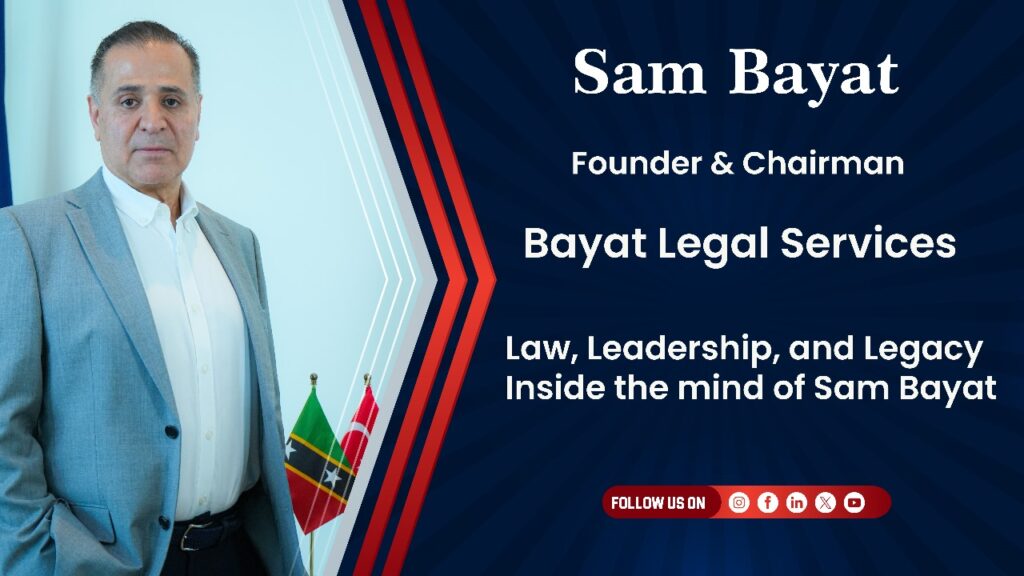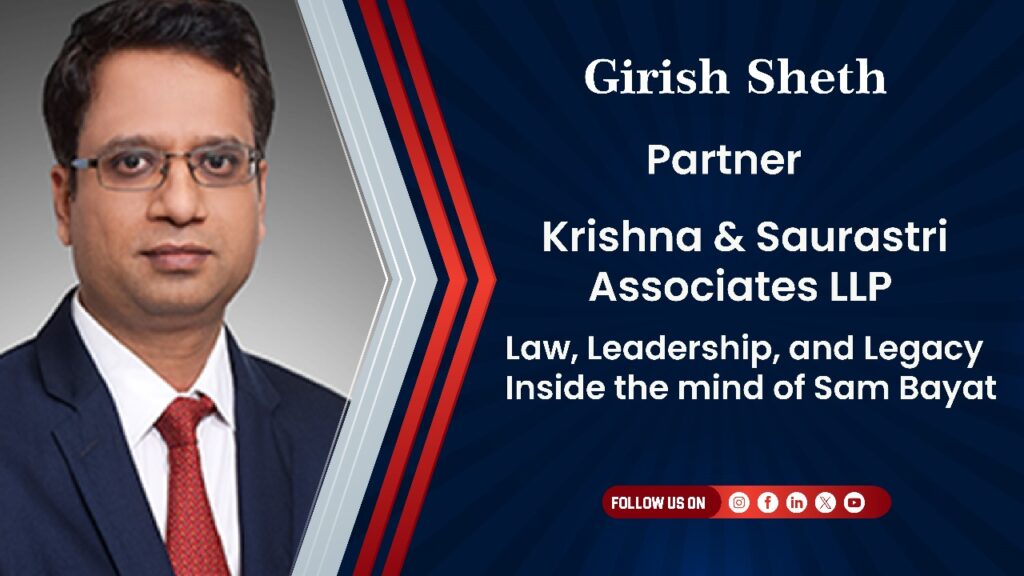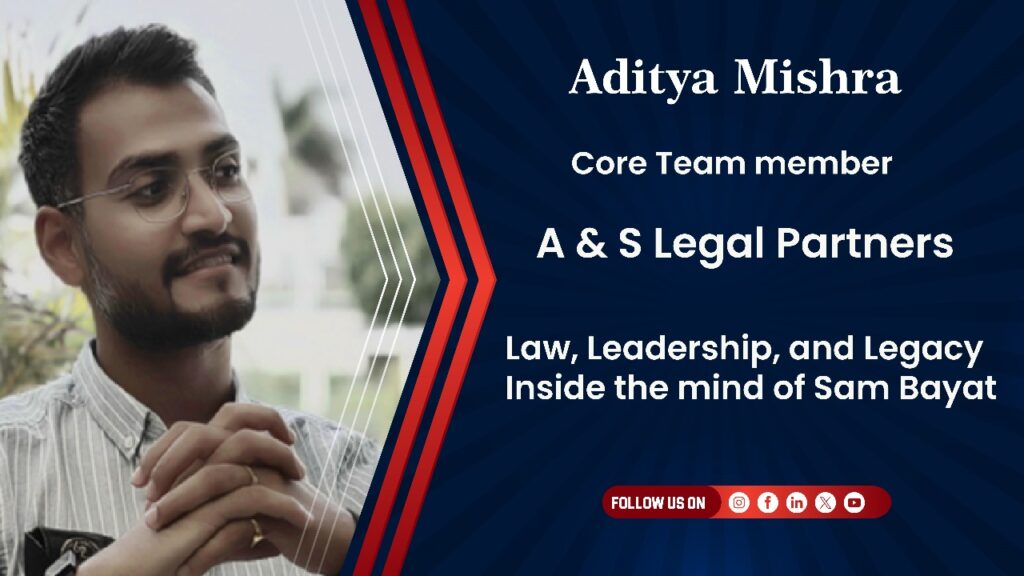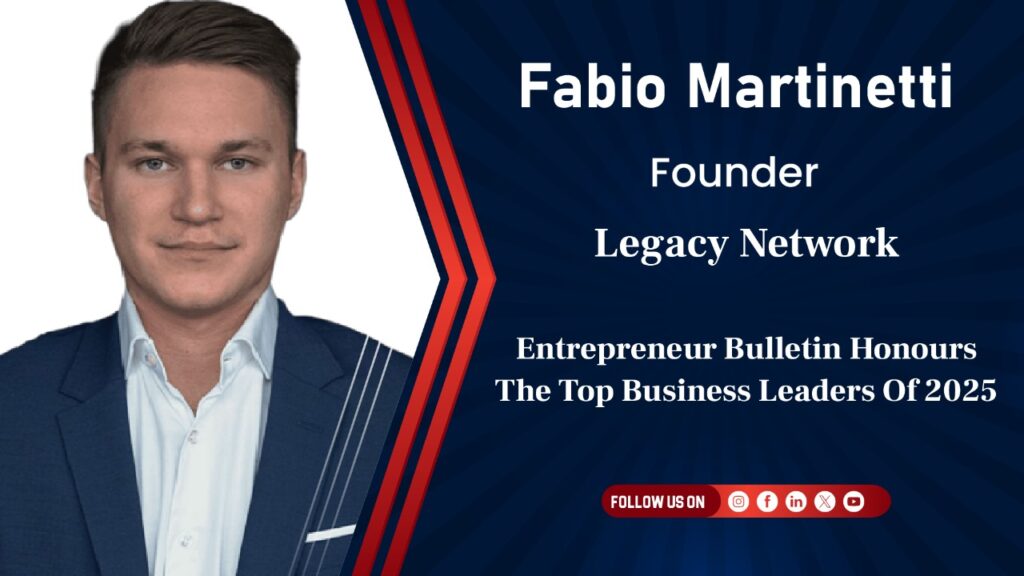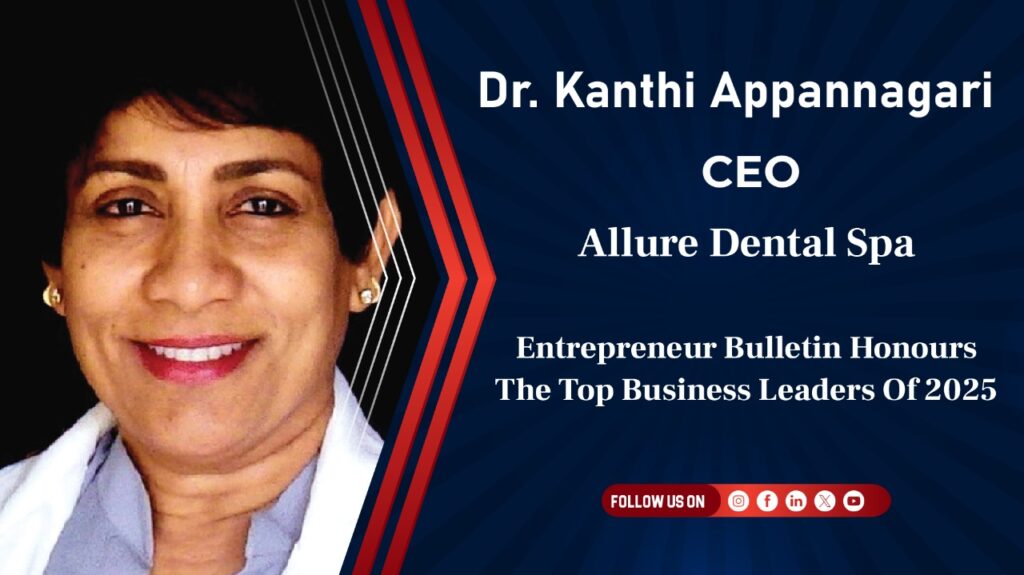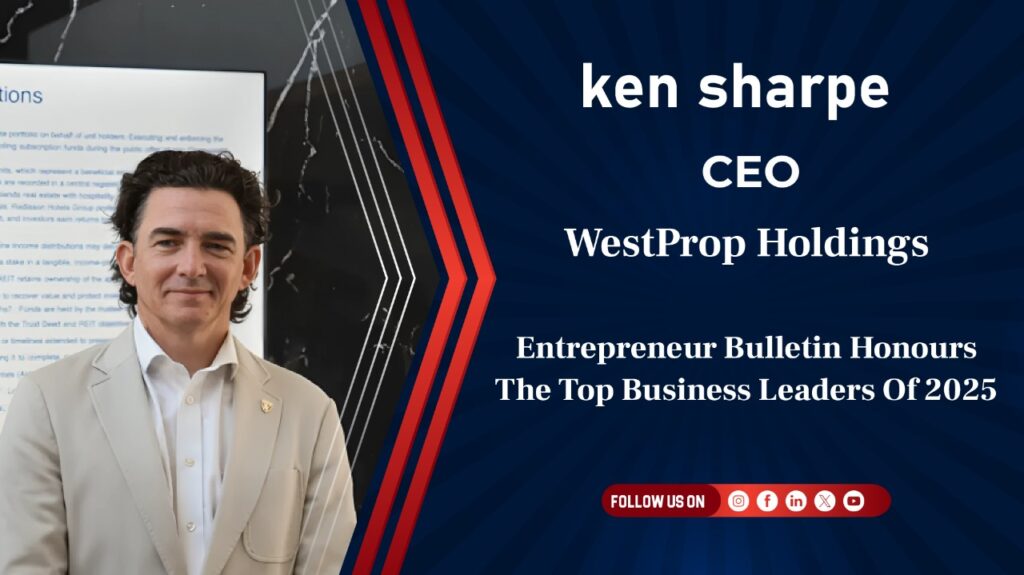The Misconception of Prime Time: Rethinking Life, Success, and Fulfillment
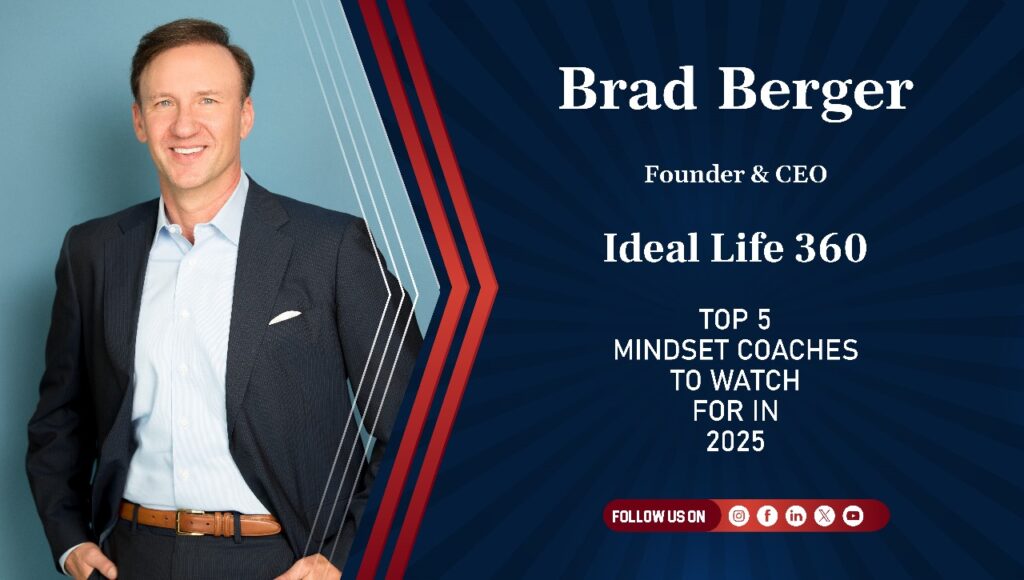
“Explore Brad Berger’s insights on redefining success, aging, and holistic life planning. Learn how to break free from societal norms, embrace lifelong growth, and maximize your prime years for a fulfilling and impactful life.”
In a society governed by outdated perceptions of aging and career longevity, many individuals unknowingly confine themselves to an artificial timeline—one that dictates productivity should peak between the ages of 25 and 55 before slowing down into retirement. This conventional belief, referred to as the “Prime-Time Myth,” undermines the vast potential that individuals possess in their later years. Brad Berger, founder and CEO of Ideal Life 360, challenges this misconception, advocating for a paradigm shift that empowers individuals to redefine success and fulfillment beyond traditional career timelines.
The Evolution of Purpose: A Journey Beyond Financial Planning
Berger’s career trajectory epitomizes the fluid nature of personal and professional fulfillment. Initially embedded in the world of financial planning, he discovered a deeper calling—guiding people toward holistic life success rather than mere financial security. His realization that wealth management alone did not equate to happiness prompted him to embrace life coaching, leading him to develop the Holistic Life Planner certification. This program integrates financial expertise with behavioral coaching, wellness principles, and strategic life design, enabling advisors to offer more comprehensive guidance.
The Culturally Conforming Conveyor Belt: A Barrier to True Potential
Berger’s perspective on societal norms is encapsulated in his discussion of the “Culturally Conforming Conveyor Belt,” a term coined by Mark Pace. This metaphor represents the societal script that dictates life choices—education, career, family, and retirement—often without genuine introspection. The pressure to conform leads individuals to prioritize security over passion, often resulting in unfulfilled lives. Berger himself experienced this phenomenon when he initially set aside his childhood dream of becoming a pilot to pursue the stability of financial planning.
Breaking free from this conveyor belt requires individuals to question the underlying motivations behind their decisions. Are they acting out of genuine desire, or are they merely following an inherited roadmap? By actively dismantling societal constructs, individuals can reimagine their aspirations and embark on paths that align with their true selves.
Reframing the Concept of Aging: The Wisdom Economy
One of the most pervasive misconceptions about aging is the notion that one’s most productive years occur in early adulthood, with a steady decline afterward. Berger refutes this belief, asserting that, in the modern knowledge economy, an individual’s prime can extend well into their 80s. This shift in perspective is essential for fostering personal and societal growth. In what he describes as the “Wisdom Economy,” experience, critical thinking, and accumulated knowledge become invaluable assets, allowing individuals to make meaningful contributions later in life.
The prevalent societal attitude toward aging negatively impacts financial and personal planning. Many individuals underestimate their lifespan by 20 years or more, leading to premature financial withdrawals, uninspired career decisions, and a reluctance to invest in personal development. By shifting their mindset, individuals can plan for extended periods of productivity and fulfillment, ensuring their later years are not only financially secure but also purpose-driven.
The Role of Behavioral Finance in Life Planning
Financial decision-making is rarely a purely rational process; emotions, biases, and subconscious patterns play a significant role. Berger incorporates behavioral assessments such as Positive Intelligence and PrinciplesYou to help clients recognize self-sabotaging tendencies and develop healthier financial behaviors. By integrating behavioral finance into holistic planning, individuals can cultivate awareness around their decision-making processes, leading to more sustainable and fulfilling life choices.
For example, individuals who perceive retirement as a destination rather than a transition often fail to allocate resources effectively, both in terms of finances and personal engagement. Those who embrace the concept of lifelong growth and contribution, however, tend to make decisions that support long-term fulfillment rather than short-term security.
Mindset Shifts for Embracing Prime Years
The path to maximizing one’s potential beyond traditional career timelines begins with a series of fundamental mindset shifts:
- Redefining Prime Time – Recognizing that the most impactful years often occur between 55 and 85.
- Rejecting the Slowdown Narrative – Understanding that aging does not inherently equate to a decline in capability.
- Committing to Continuous Growth – Viewing learning, adaptation, and reinvention as lifelong endeavors.
- Prioritizing Purpose Over Age-Based Milestones – Planning life transitions based on fulfillment rather than arbitrary societal expectations.
- Becoming an Exemplar of Limitless Possibilities – Leading by example to demonstrate that age is not a barrier to success.
Holistic Life Planning in Action: A Transformational Case Study
The impact of holistic planning is exemplified in Berger’s work with a married couple. The husband struggled with severe weight and mobility issues, preventing him and his wife from traveling—one of her deepest desires. After attending an “Ideal Life Day” event, he committed to improving his health, inspired by one of the speakers. Over time, he lost significant weight, regained mobility, and reignited his enthusiasm for life, enabling the couple to travel together once again. This transformation was not merely physical but holistic, enhancing their relationship, emotional well-being, and shared experiences.
Such cases highlight the interconnected nature of health, relationships, and personal fulfillment. By adopting a holistic approach to planning, individuals can align their decisions with their core values, leading to deeper and more meaningful transformations.
Practical Strategies for Business Owners and Executives
Entrepreneurs and executives often struggle with work-life balance, sacrificing personal fulfillment for professional success. Berger advocates for implementing a “Life Operating System,” a structured approach to tracking progress in all vital life areas, including family, health, spirituality, career, and recreation.
Key strategies include:
- Time Blocking – Allocating dedicated time for personal and professional priorities to ensure balance.
- Regular Self-Assessment – Periodically reassessing priorities to maintain alignment with core values.
- Building Support Systems – Leveraging coaches, mentors, and accountability partners for sustained growth.
- Overcoming Limiting Beliefs – Cultivating the mindset of “asking for what you want and expecting to get it.”
- Recognizing the Power of Later Years – Understanding that the greatest impact often occurs post-50 and planning accordingly.
Maximizing Health and Vitality for Extended Productivity
Physical and mental well-being play a critical role in sustaining productivity and engagement in later years. Berger emphasizes the importance of proactive health management through biohacking techniques, optimized nutrition, and regular movement. Beyond physical health, strong social connections, community engagement, and lifelong learning contribute to cognitive longevity and overall vitality.
Aging should be viewed as an opportunity rather than a decline. By maintaining an active and purpose-driven lifestyle, individuals can extend their “prime years” well beyond conventional expectations, ultimately redefining what it means to live a successful and fulfilling life.
Overcoming the Greatest Waste of Human Capital
Perhaps the most significant waste of human capital today is the premature disengagement of individuals who believe they are past their prime. This self-imposed limitation deprives society of valuable wisdom, experience, and innovation. To counteract this, a cultural shift is necessary—one that embraces lifelong contribution, continuous learning, and the inherent value of experience.
By reframing the conversation around aging, success, and fulfillment, individuals can break free from restrictive societal norms and unlock their full potential. Berger’s philosophy serves as a guidepost for those seeking to live not just financially secure lives, but truly meaningful ones.
Conclusion: A Call to Action for a Life Well Lived
The traditional narrative surrounding career timelines and aging is rapidly becoming obsolete. In its place, a new paradigm is emerging—one that recognizes the immense value of wisdom, purpose, and holistic fulfillment. By rejecting the Prime-Time Myth and embracing a life of continuous contribution, individuals can redefine success on their own terms, ensuring that their most impactful years are still ahead of them.
Brad Berger’s work serves as a blueprint for those willing to challenge convention and embrace a life of limitless potential. In the end, true success is not dictated by age, but by the depth of one’s contributions and the authenticity of one’s journey.

